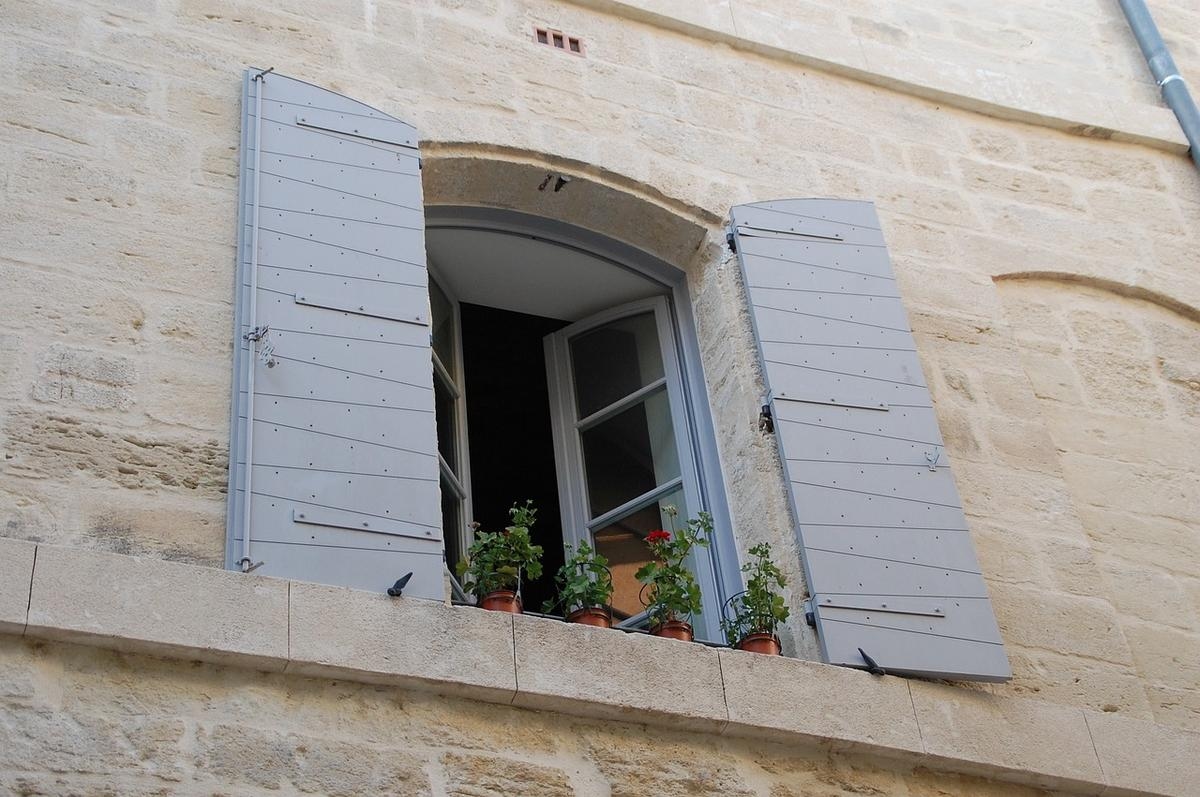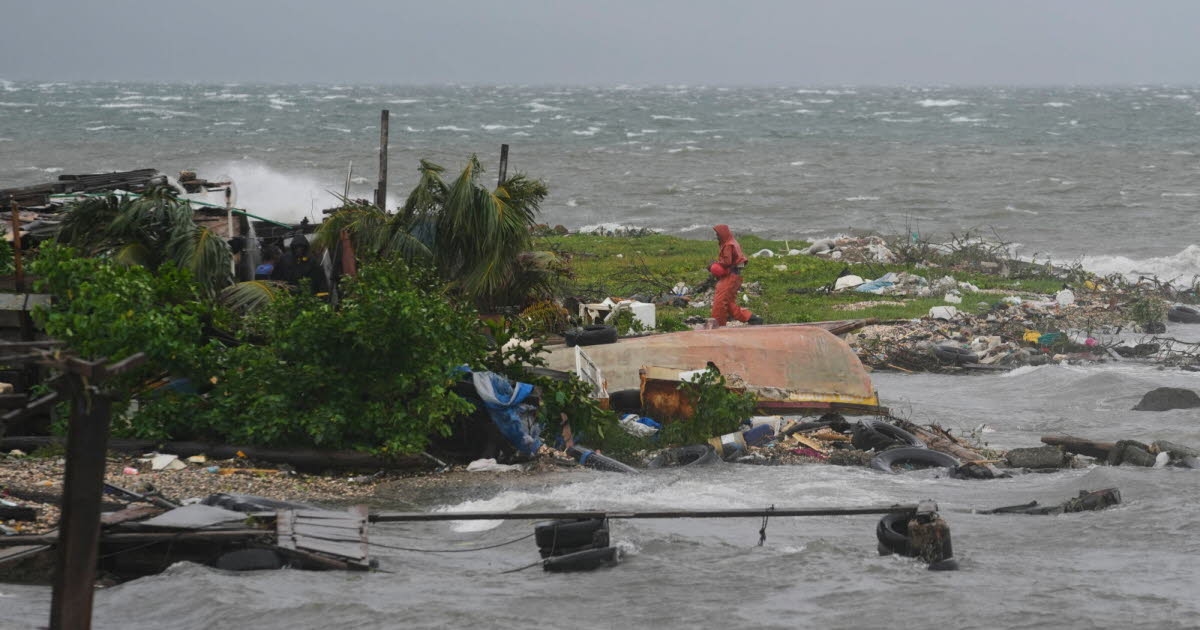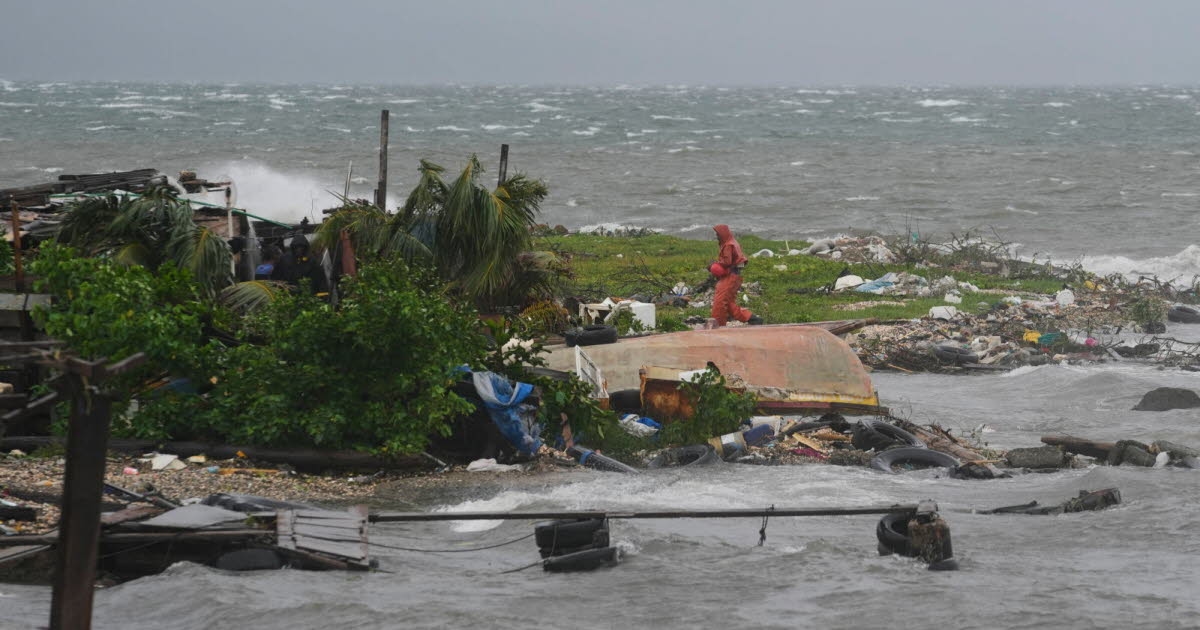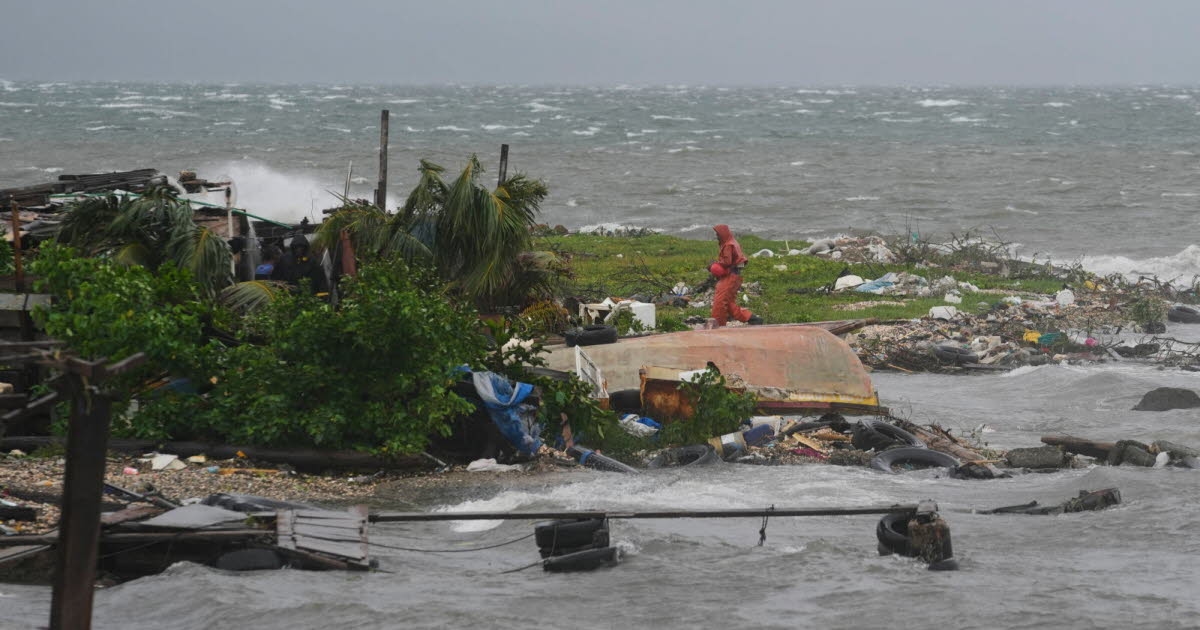Health: Why is it important to ventilate your home, even in winter?

The air we breathe inside our homes is often of lower quality than the outside air, sometimes very significantly so, "because in addition to the polluted outside air that enters the home, there are also specific indoor air pollutants," recalls Ademe.
Among the pollutants circulating in our homes, we can find volatile or semi-volatile organic compounds such as glues, paints, maintenance and cleaning products, deodorizers, coatings, but also, for example, tobacco smoke or allergens emitted by molds, our pets, our plants or even dust mites.
Finally, and especially during this winter period, infectious agents: bacteria, viruses, toxins, brought by the inhabitants of the home.
Exposure to or inhalation of fairly large doses of pollutants is not without risk: it can cause several problems such as headaches, nausea, irritation of the skin and mucous membranes of the eyes and respiratory system, or even difficulty concentrating.
Children, pregnant women, the elderly, and especially certain patients (those with heart conditions, asthma, bronchitis, or respiratory problems) are particularly vulnerable to this air pollution. "Repeated and prolonged exposure, even to very low doses of pollutants, can worsen or cause chronic illnesses or serious diseases," warns Ademe (the French Agency for Ecological Transition).
To prevent problems, it's essential to ventilate your home for five to ten minutes a day by opening your windows wide (leaving them slightly open isn't enough). In just a few minutes, the air is refreshed and your rooms don't get cold. So there's no need to worry about your energy bill, especially since the drier the air in your home, the easier it is to heat.
Another important point regarding the ventilation of your home: be careful not to obstruct the mechanical ventilation system (MVHR). This system is essential for removing polluted air from your home.
SudOuest





